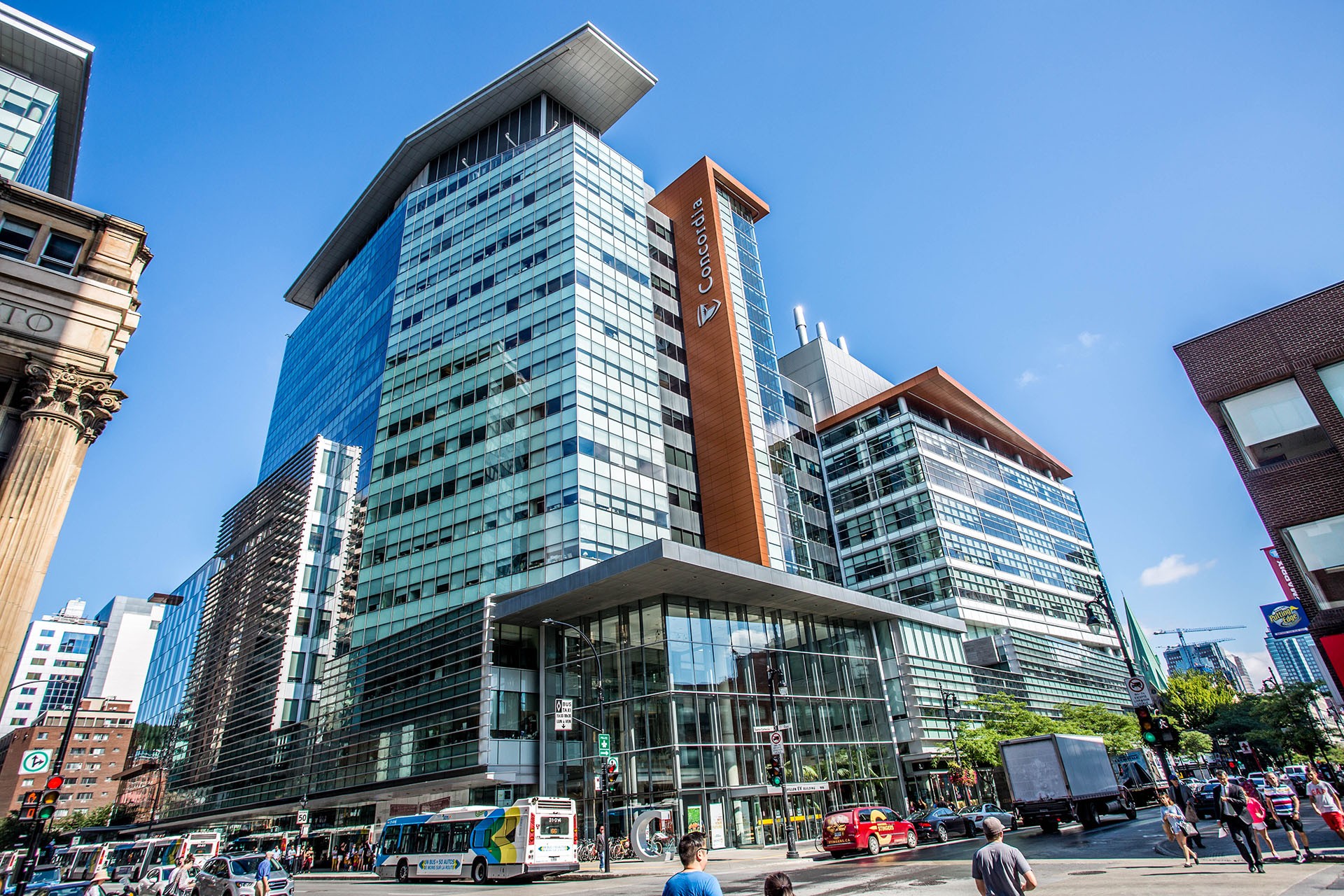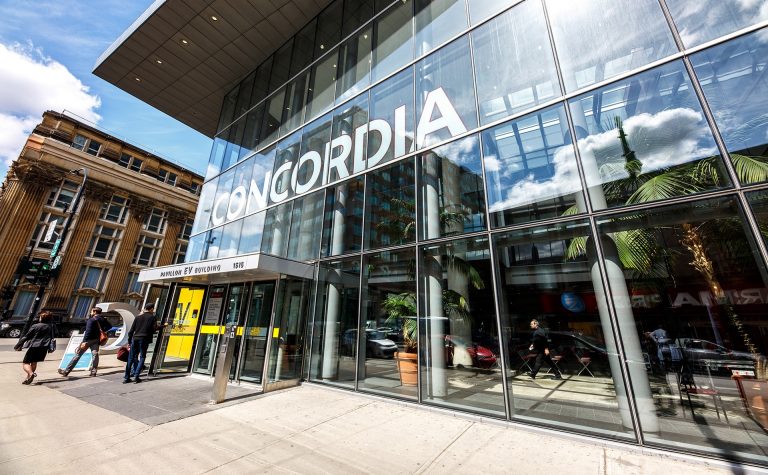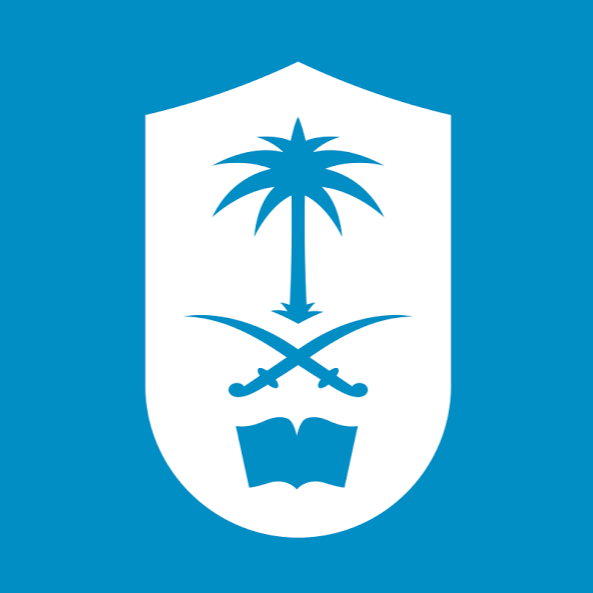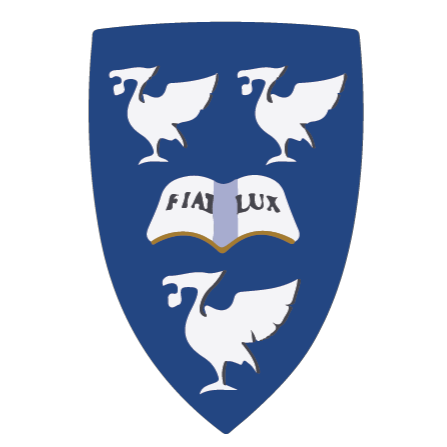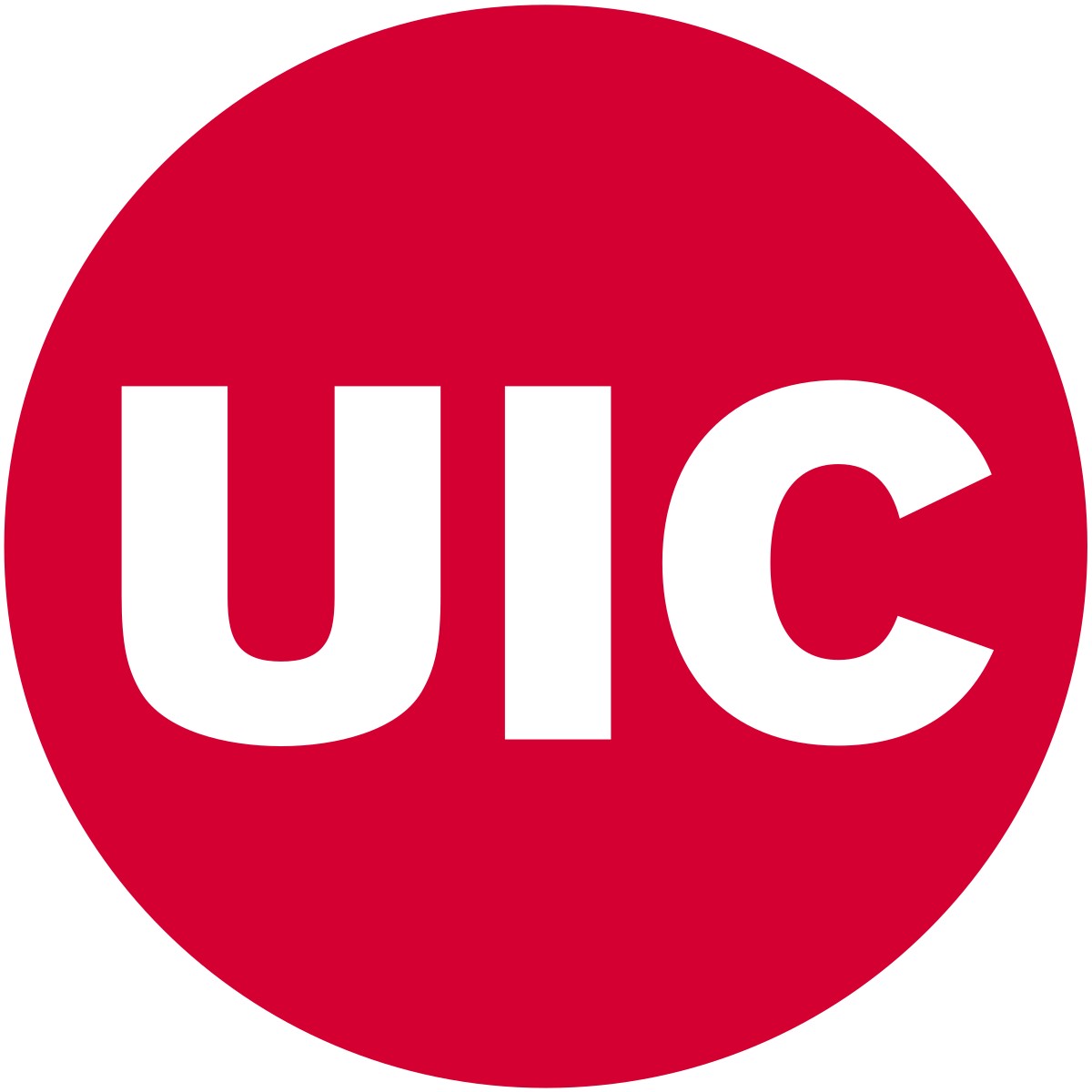Urban Studies and Urban Planning program at Concordia University might include:
Core Courses: The program typically includes core courses that introduce students to the fundamental concepts, theories, and methods in urban studies and urban planning. These courses may cover topics such as urban geography, urban sociology, urban economics, urban politics, urban design, and urban research methods. Students gain a broad understanding of the social, economic, political, and spatial dimensions of urban environments.
Urban Planning Principles: Students learn about the principles and practices of urban planning. They study the processes involved in urban development, land use planning, transportation planning, housing, environmental sustainability, community development, and urban design. They explore the role of planners in addressing urban challenges and promoting sustainable and equitable urban development.
Urban Policy and Governance: The program may include courses that examine urban policy and governance structures. Students learn about the decision-making processes, institutions, and stakeholders involved in urban planning and policy formulation. They explore the roles of government agencies, community organizations, private developers, and other actors in shaping urban environments and addressing urban issues.
Urban Research and Analysis: Students develop research and analytical skills specific to urban studies and urban planning. They learn to collect and analyze data related to urban issues, conduct field research, use geographic information systems (GIS) and other tools for spatial analysis, and apply statistical methods to urban data. They gain the ability to critically evaluate urban policies and planning proposals based on evidence and data.
Urban Design and Development: The program may cover aspects of urban design and development, including principles of urban design, site planning, and urban regeneration. Students explore the aesthetics, functionality, and sustainability of urban spaces, and learn to analyze and propose design solutions for urban areas.
Community Engagement and Participatory Planning: The program emphasizes community engagement and participatory approaches in urban planning. Students learn about the importance of involving diverse stakeholders in planning processes and decision-making. They explore strategies for effective community engagement, participatory design, and collaborative planning to ensure that urban development projects reflect the needs and aspirations of the local communities.
Environmental Sustainability and Resilience: The program may address the concepts of environmental sustainability and resilience in urban contexts. Students study approaches to promote sustainable development, climate change adaptation, and the creation of resilient cities. They examine strategies for integrating green infrastructure, energy efficiency, and sustainable transportation systems into urban planning.
Elective Courses and Specializations: Students may have the opportunity to choose elective courses or specialize in specific areas of interest within urban studies and urban planning. Specializations may focus on topics such as transportation planning, housing and community development, heritage conservation, urban health, or urban policy analysis.
Please note that the specific courses, requirements, and opportunities within the Urban Studies and Urban Planning program may vary. I recommend visiting the official Concordia University website or contacting the university directly for the most accurate and up-to-date information about their Urban Studies and Urban Planning program.
Show less

